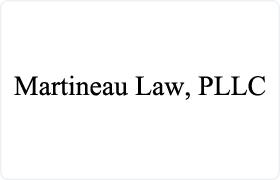Phoenix Trusts Lawyer, Arizona
Sponsored Law Firm
-
 x
x

Click For More Info:
-
Martineau Law, PLLC
4445 E Holmes Ave Suite 106 Mesa, AZ 85206» view mapAccident & Injury, Estate, Nursing Home, Immigration Proudly Serving Maricopa County
Joseph Martineau has a track record of successful cases.
800-935-4021
Marcus N. Seiter
✓ VERIFIEDI am passionate about helping people formulate plans to reach their goals. Since 1999, I have been involved in that process with hundreds of clients ... (more)
David Spilsbury
✓ VERIFIEDDavid Spilsbury is a practicing lawyer in the state of Arizona.
William Scott Lawler
✓ VERIFIEDMr. Lawler has over thirty (30) years of experience in representing business clients in formation, organization, corporate governance, corporate finan... (more)
Andre L. Pennington
✓ VERIFIEDAndre Pennington is an accomplished Arizona, federal and military attorney that concentrates his practice on estate planning, wills, trusts, probate a... (more)
FREE CONSULTATION
CONTACT Joseph Martineau Mesa, AZ
Joseph Martineau Mesa, AZ Practice AreasExpertise
Practice AreasExpertise





